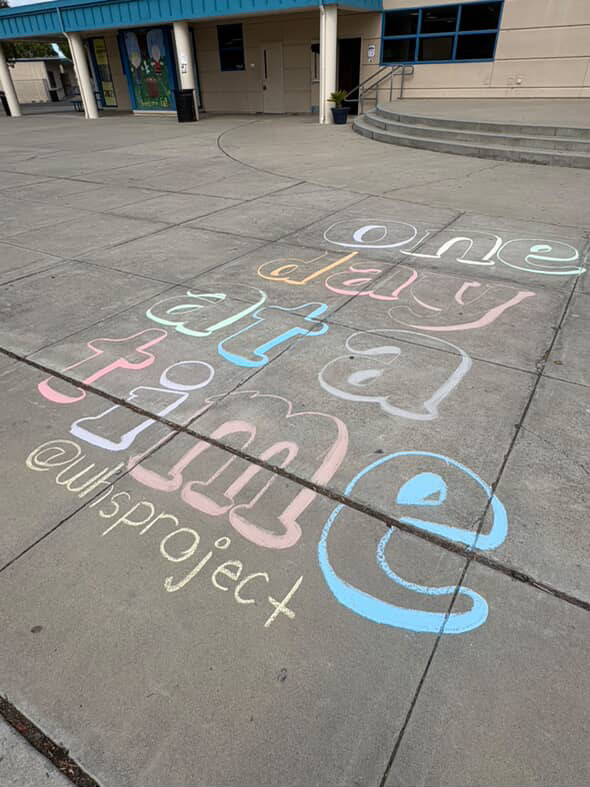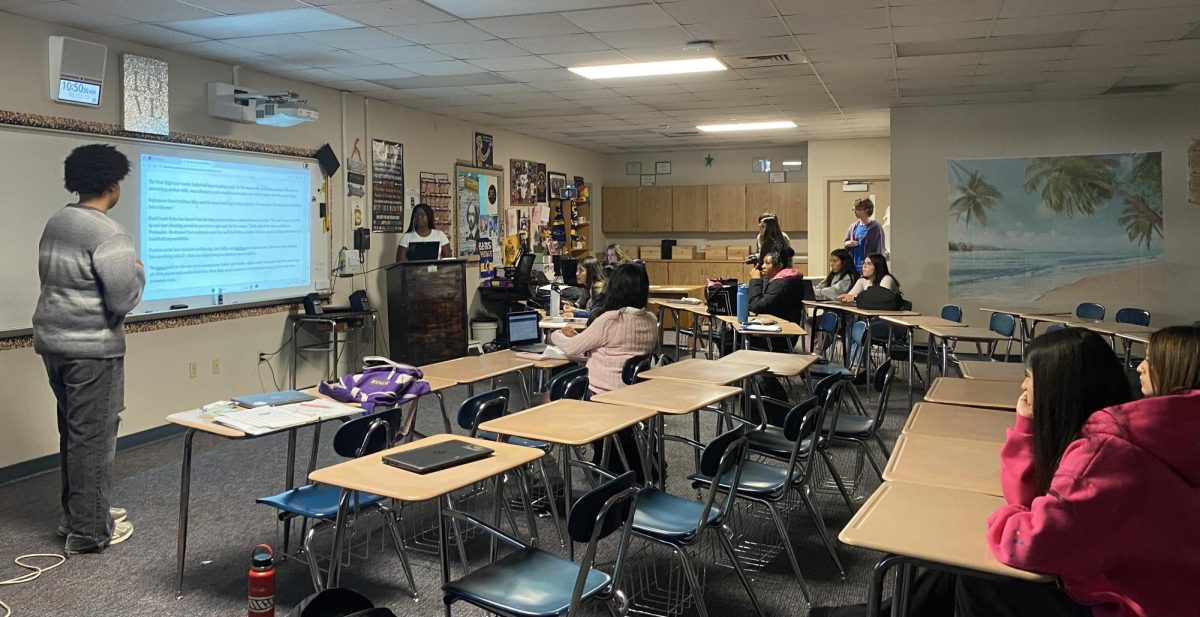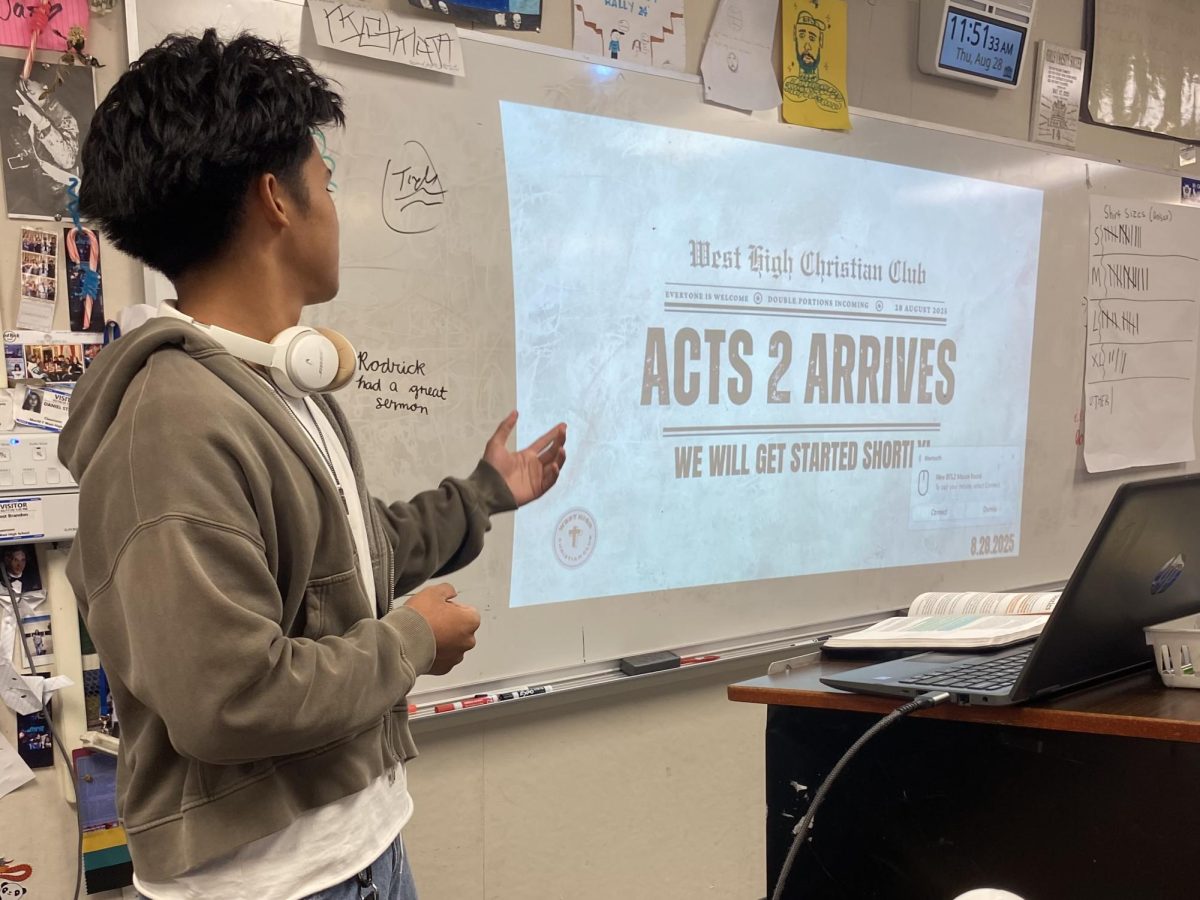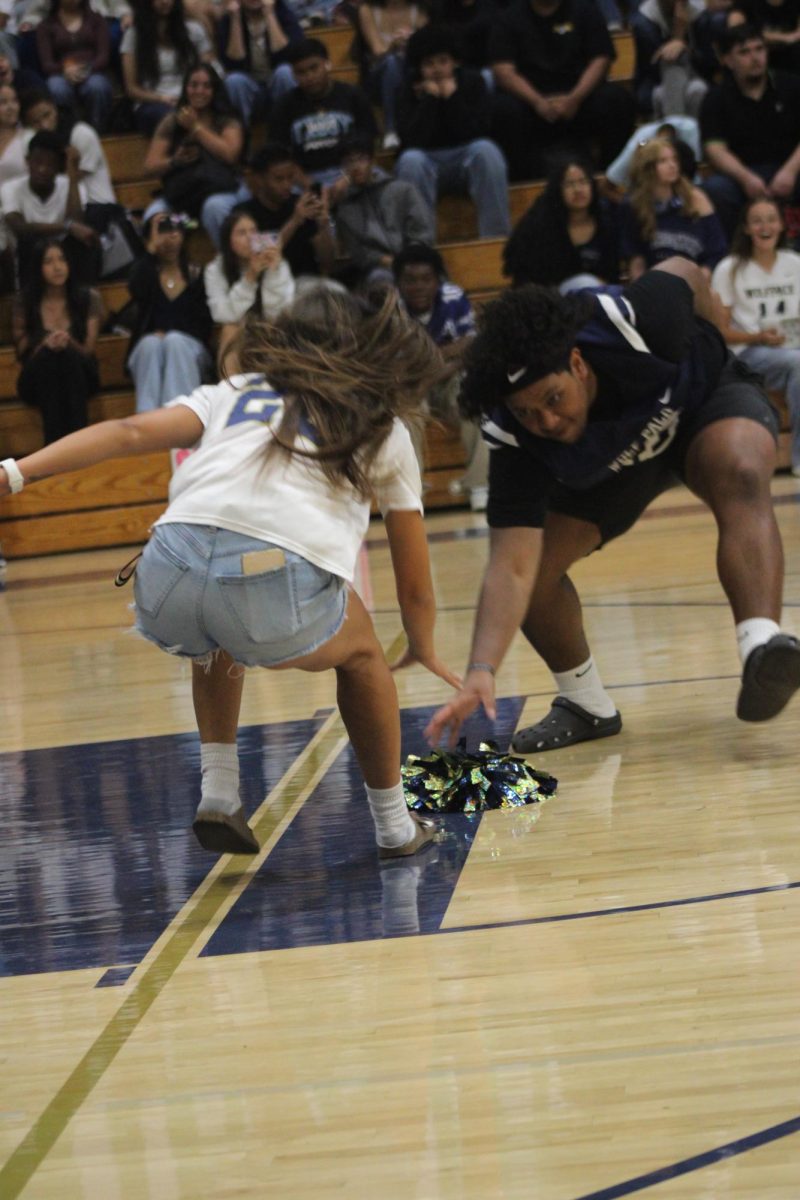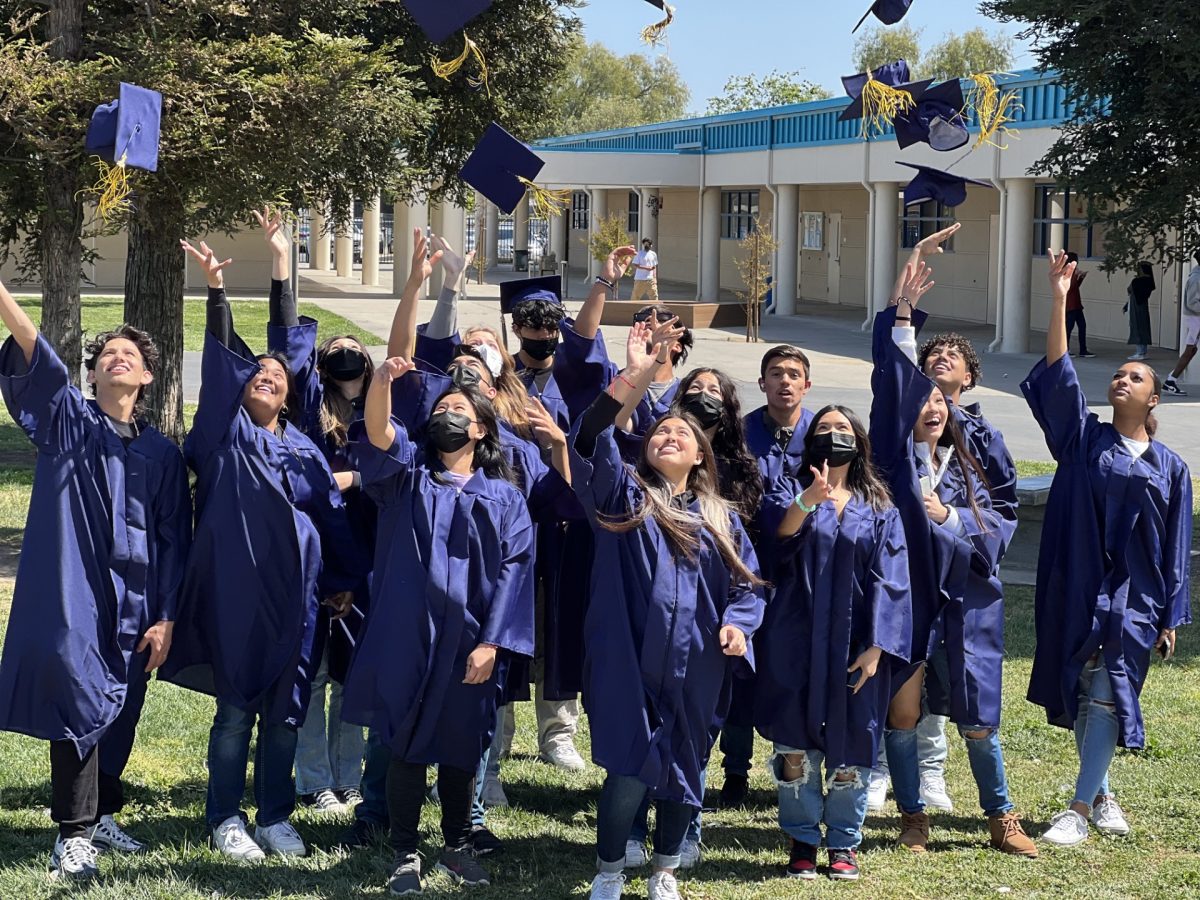Our school features various extracurricular activities for students to participate in, including thirty-seven clubs, nineteen sports, and elective classes. These activities offer students the opportunity to engage in their school community and explore their own interests with other people. Although many choose to participate in an extracurricular activity, some students choose not to for their own reasons. How do the lives of these two types of students – those with extracurriculars and those without – differ? Two students, both in the same grade, shared their typical schedule and responsibilities.
Sophomore Amelie Guzman shared her daily routine that does not include any activities by saying, “I attend school, then after school I go home, shower, take a nap, do my homework, and then go to sleep.” When I asked her why she chooses not to do any activities after school, Guzman stated that “I would do extracurriculars if they didn’t take up so much time.” Her reasoning not to join any after-school activities is that they would interfere with her personal life and burden her with more work.
Sophomore Alex Waga’s interview proves Amelie’s reasoning to be true, as her schedule is much more packed. Alex is vice-president of Key Club, heavily involved in API, and she plays volleyball. Her responsibilities in her extracurriculars include creating social media posts for API, helping the president in Key Club, and showing up to games and practices as a volleyball player. When asked about her typical schedule, Waga said, “My daily schedule is going to school, doing homework, then practice.” I asked her how extracurriculars affect her weekends and personal life, to which Waga responded, “Every now and then I get assigned a project for my clubs or I have practice on the weekends, which sacrifices sleeping in.” Her extracurriculars interfere with her days off. Waga noted that, “Sometimes I get tired, but it gets better.”
Both students have their own responsibilities and lives but have different daily schedules. Amelie chooses not to participate in any extracurricular activities because of their time constraints, which is demonstrated by Alex’s experiences. Alex understands the time-consuming nature of after-school activities but accepts them. The busy life of a student with multiple extracurriculars may not appeal to all, which is understandable and proves to be a factor in non-participation in after-school activities.


